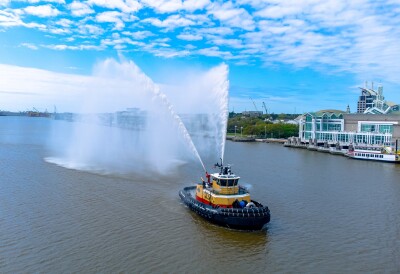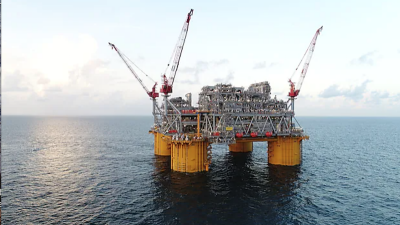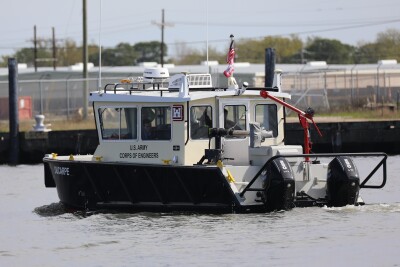One notable aspect of the most recent surface transportation reauthorization law, the Moving Ahead for Progress in the 21st Century Act (MAP-21), includes freight planning and the establishment of a National Freight Policy.
As mandated in MAP-21, the U.S. Department of Transportation (DOT) has produced a draft of the National Freight Strategic Plan (NFSP) – 143 pages in all – for public comment.
The state of the inland waterways and harbors are considered throughout the NFSP, though the message on inland waterways is mixed. The report states: “Over the past 20 years, the overall trend for total cargo on inland waterways has been flat or declining. They currently move six to seven percent of all domestic cargo in terms of ton-miles and several of these waterways support significant volumes of traffic. Continuing to provide the current level of service on these waterways is a priority, and involves a mixture of [operation and maintenance] and capital investment.”
In a discussion of the inland waterways diesel fuel tax, NFSP authors cite conclusions from a 2015 report by the National Academy of Sciences. The NAS report noted, unsurprisingly, that “while the amount of funding required to sustain reliable waterborne freight service on inland waterways is not clear, it is evident that total revenues after the increase in the fuel tax will not be sufficient to maintain these waterways.”
The report includes quite a bit of descriptive material, including a fresh suite of maps showing the intermingling of transport modes.
The report contains extensive cheerleading for a more efficient transport system (and better delivery of projects). However, many of the action items emerging from the report are deflected towards the Water Resources Reform and Development Act (WRRDA) and the America’s Marine Highway program, both of which must have their funding boilers continually stoked.
The NFSP is meant to be a lightning rod for comments – which policy makers do actually consider – and the DOT is accepting feedback on the document. Readers with a desire to see continued funding and attention for waterways and harbor infrastructure should submit a comment.




